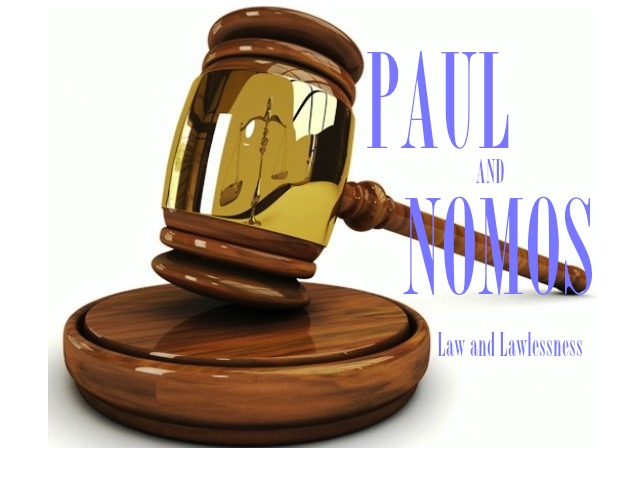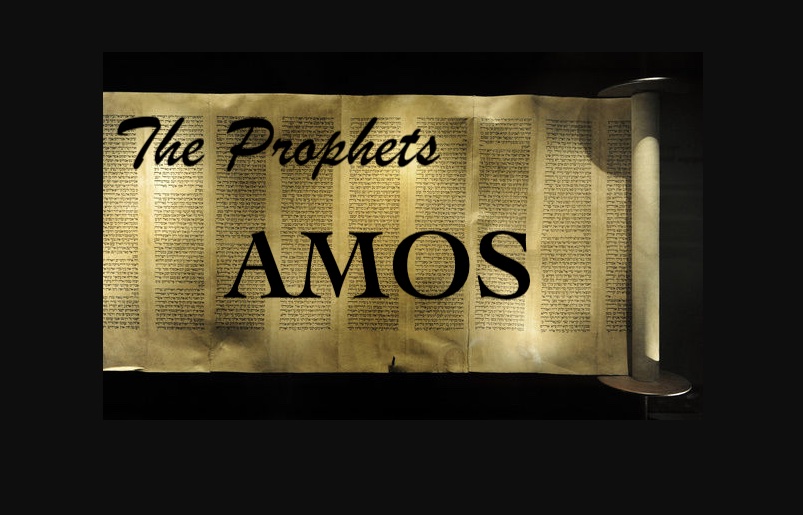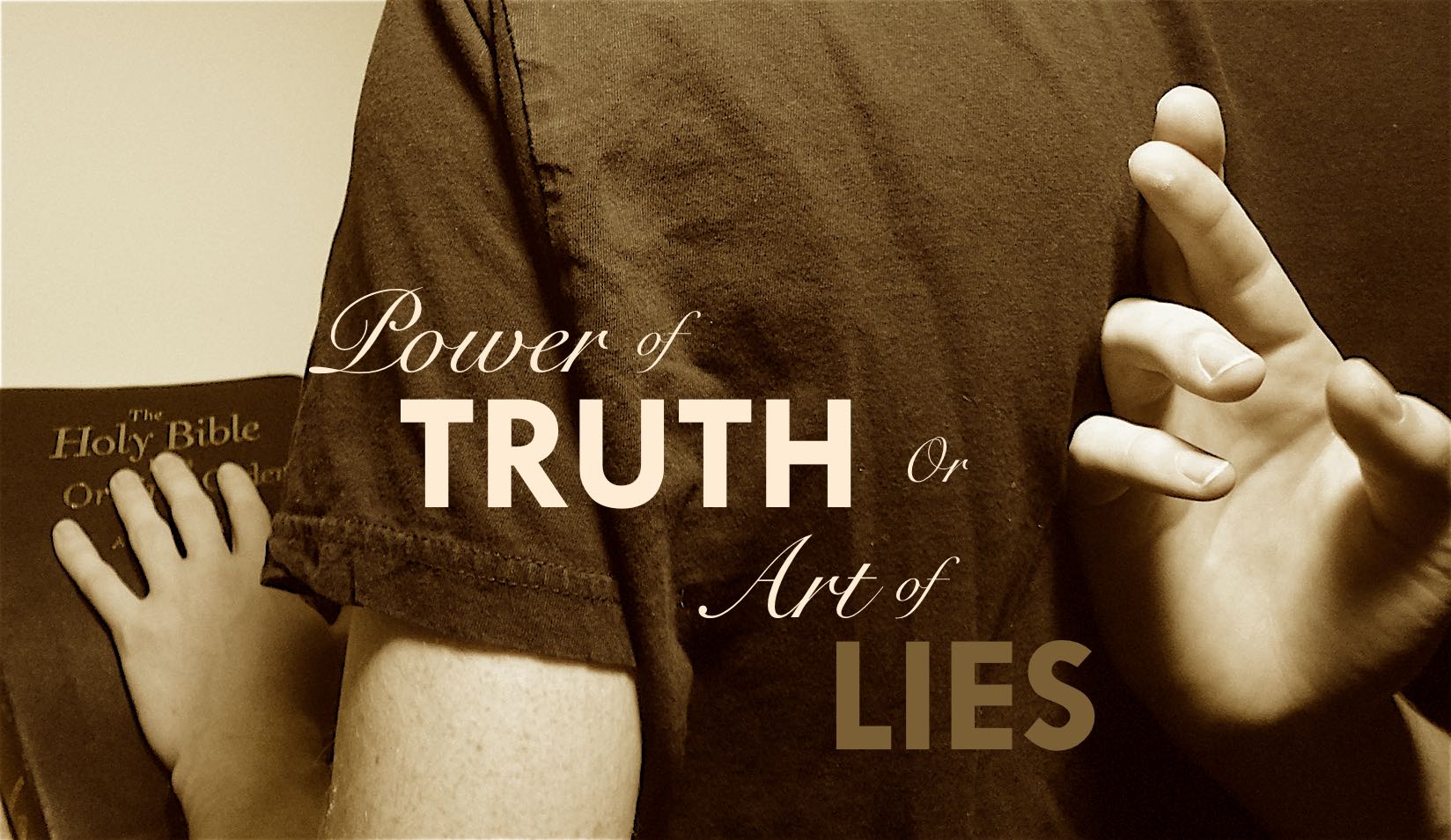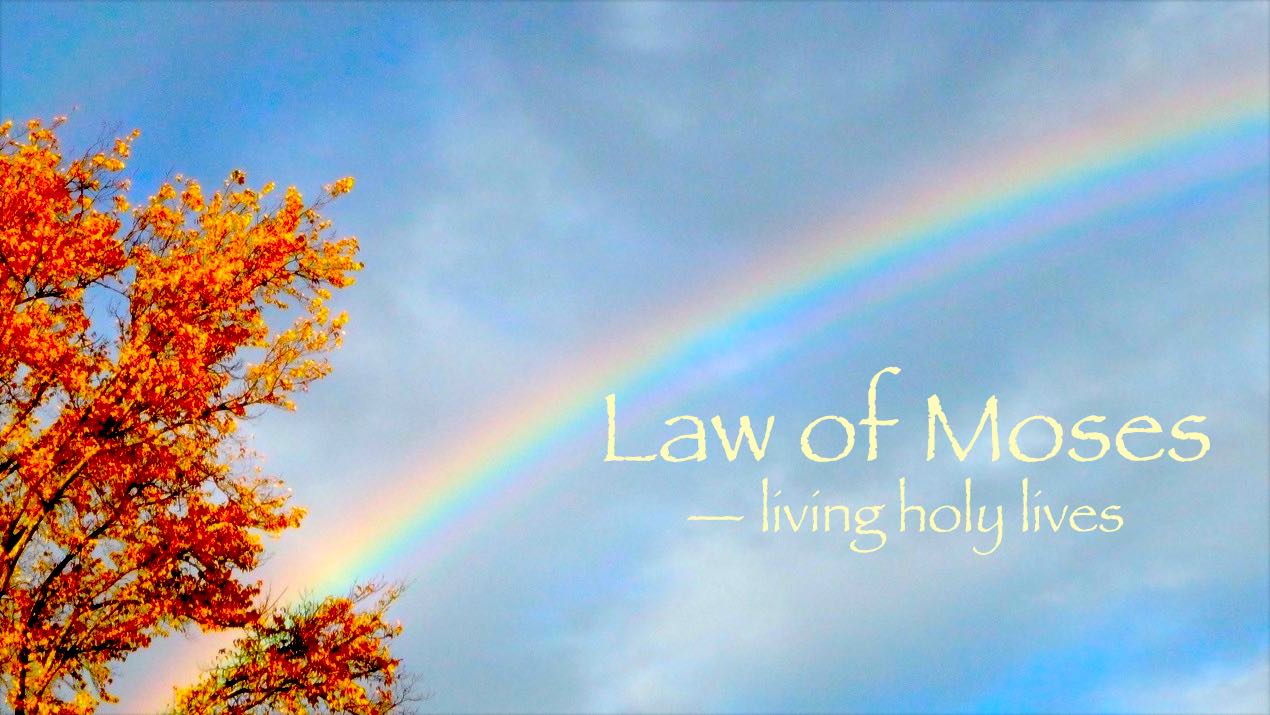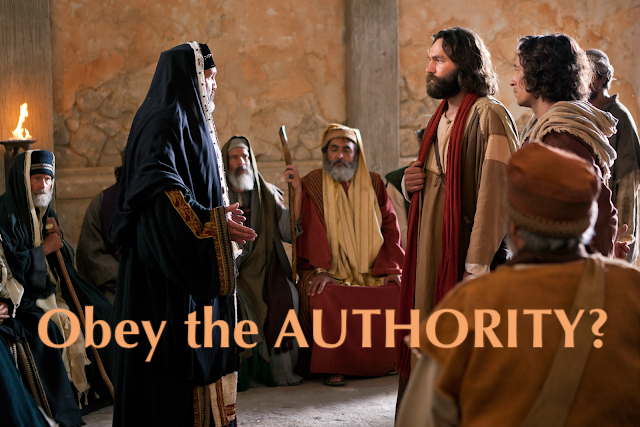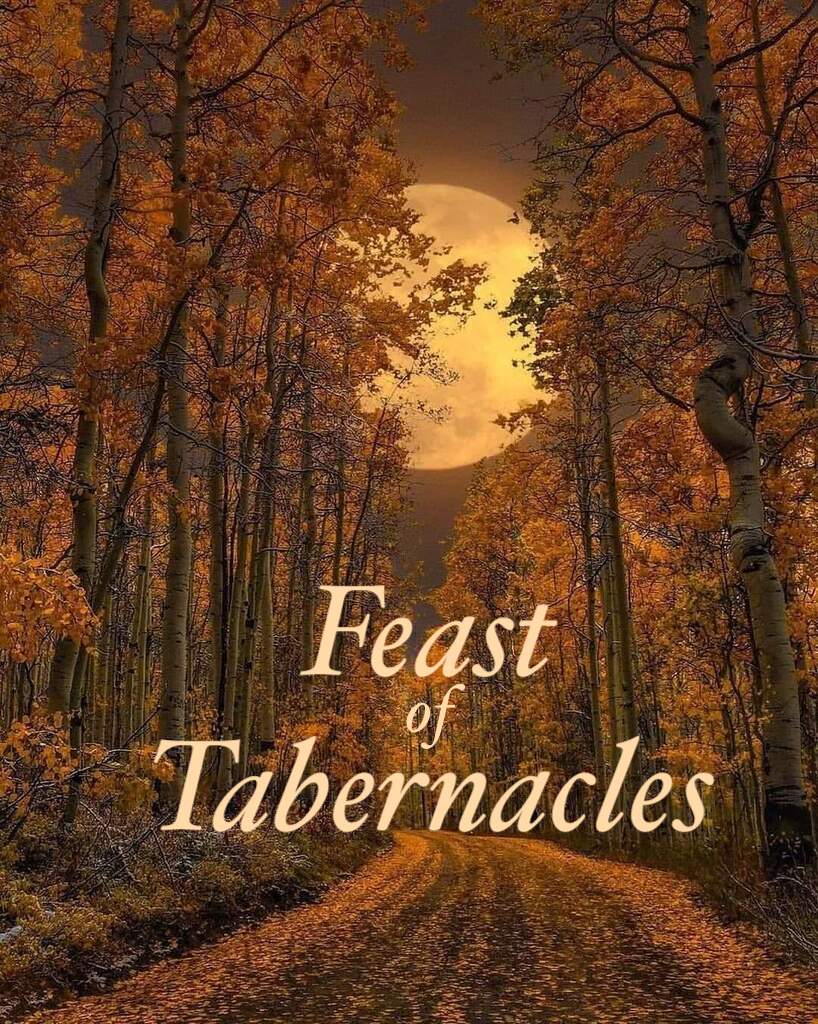Understanding Paul’s Message to the Colossians
There is a great deal of confusion in the minds of many Christians when it comes to God’s expectations and the role of the law in the life of the Christian. Perhaps, you have wrestled with some of these questions:
- Was the law “nailed to the cross?”
- Does “grace” eliminate the need for the law?
- Are there different standards for Jew and Gentile?
- Are the ten commandments still valid, but the statutes are not?
- Was Paul’s attitude in opposition to the teachings of James and other new covenant writers in regards to the law?
- What is the unified message that the scriptures present concerning the law of God?
- How should we understand the concepts of torah in the Hebrew scriptures and nomos in the Greek scriptures?
- And how will this vital knowledge transform our hearts and minds?
Let the scriptures speak for themselves, so you can know God’s mind on these matters!
Mystery of Lawlessness: Understanding Colossians
 When the apostle Paul wrote to the Thessalonians that “the mystery of lawlessness was already at work,” he was confirming that the things Jesus had prophesied were already coming to pass within decades after Christ’s death. Later, John’s writings confirm that John also had to confront the false teachers who were preaching a gospel of “anomia/lawlessness” and leading many away from the truth. And what of our time? What is the reality in most of the Christian world, when it comes to teaching about God’s law; must we be aware and wary of the anti-nomians, those who teach, “anomia?”
When the apostle Paul wrote to the Thessalonians that “the mystery of lawlessness was already at work,” he was confirming that the things Jesus had prophesied were already coming to pass within decades after Christ’s death. Later, John’s writings confirm that John also had to confront the false teachers who were preaching a gospel of “anomia/lawlessness” and leading many away from the truth. And what of our time? What is the reality in most of the Christian world, when it comes to teaching about God’s law; must we be aware and wary of the anti-nomians, those who teach, “anomia?”
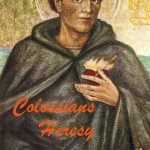 Did Christ break the Sabbath, and commit “anomia,” lawlessness? The Catholic church father, Augustine, thought Christ abolished the observance of Sabbath, and most traditional Christians have bought his reasoning. But is this the truth? What was the Colossians heresy that Paul was warning the gentile brethren to avoid? What were the elemental forces of the world, and secular philosophies that Paul was combatting?
Did Christ break the Sabbath, and commit “anomia,” lawlessness? The Catholic church father, Augustine, thought Christ abolished the observance of Sabbath, and most traditional Christians have bought his reasoning. But is this the truth? What was the Colossians heresy that Paul was warning the gentile brethren to avoid? What were the elemental forces of the world, and secular philosophies that Paul was combatting?
Colossians 2:16 Paul and Holy Days
 Since the time of Augustine the traditional Catholics and
Since the time of Augustine the traditional Catholics and
Protestants have used this scripture to “prove” that the Holy Days are no longer necessary, a mere shadow and no longer relevant. But is this true? Jeff Patton looks at the facts: the context, the Greek language, and the historical milieu and comes to a contrary conclusion. Listen and understand how Paul’s writings validate Holy Day observance by Christian believers, both Jew and Gentile.
Paul and Nomos: the Law and the Lawless
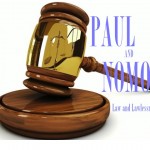 Was the apostle Paul schizophrenic? Did Paul say the nomos/law was abolished in one book and then affirm that it was upheld and established in another? How can Paul’s use of nomos be understood and how does it fit in the greater context of scripture? You do not need to be confused, when you understand the myriad ways that the words torah and nomos can be used. In “Paul and Nomos” Jeff Patton clarifies Paul’s teaching concerning the law, our attitude as believers towards God’s law, and God’s attitude towards the lawless.
Was the apostle Paul schizophrenic? Did Paul say the nomos/law was abolished in one book and then affirm that it was upheld and established in another? How can Paul’s use of nomos be understood and how does it fit in the greater context of scripture? You do not need to be confused, when you understand the myriad ways that the words torah and nomos can be used. In “Paul and Nomos” Jeff Patton clarifies Paul’s teaching concerning the law, our attitude as believers towards God’s law, and God’s attitude towards the lawless.
